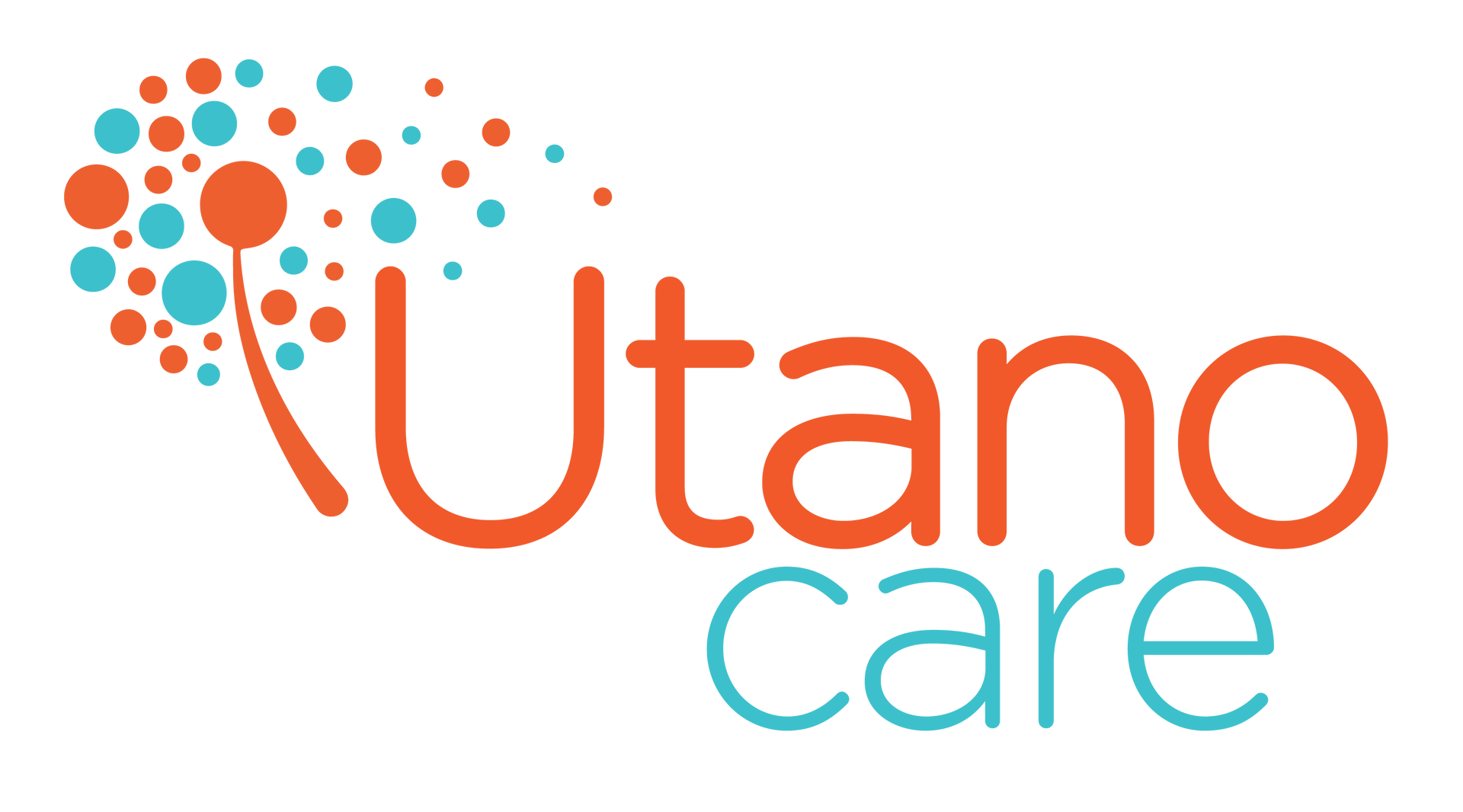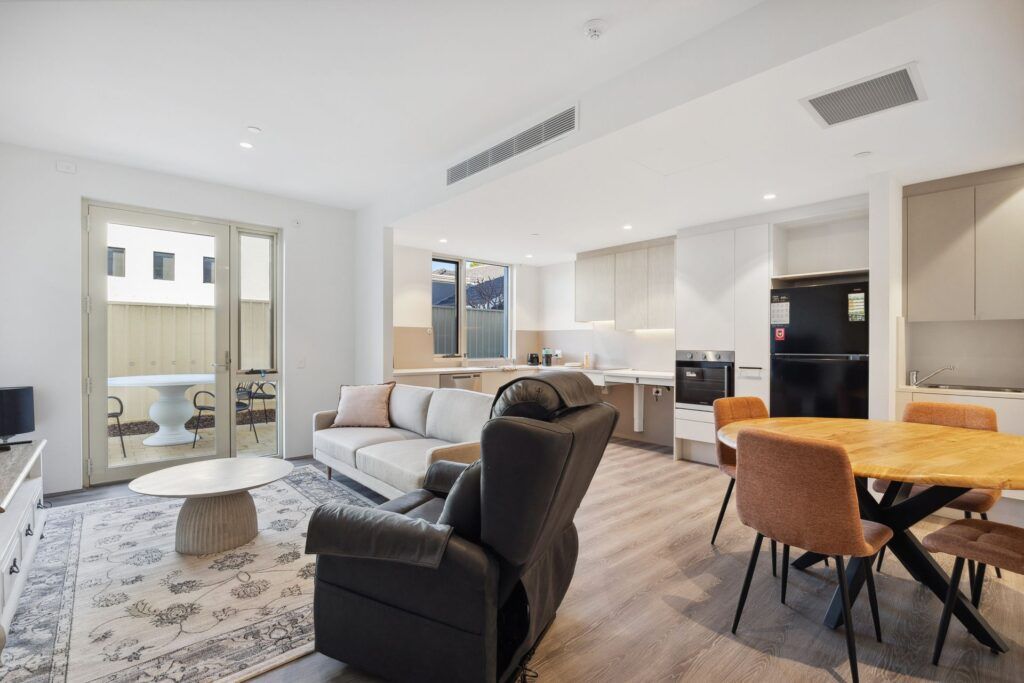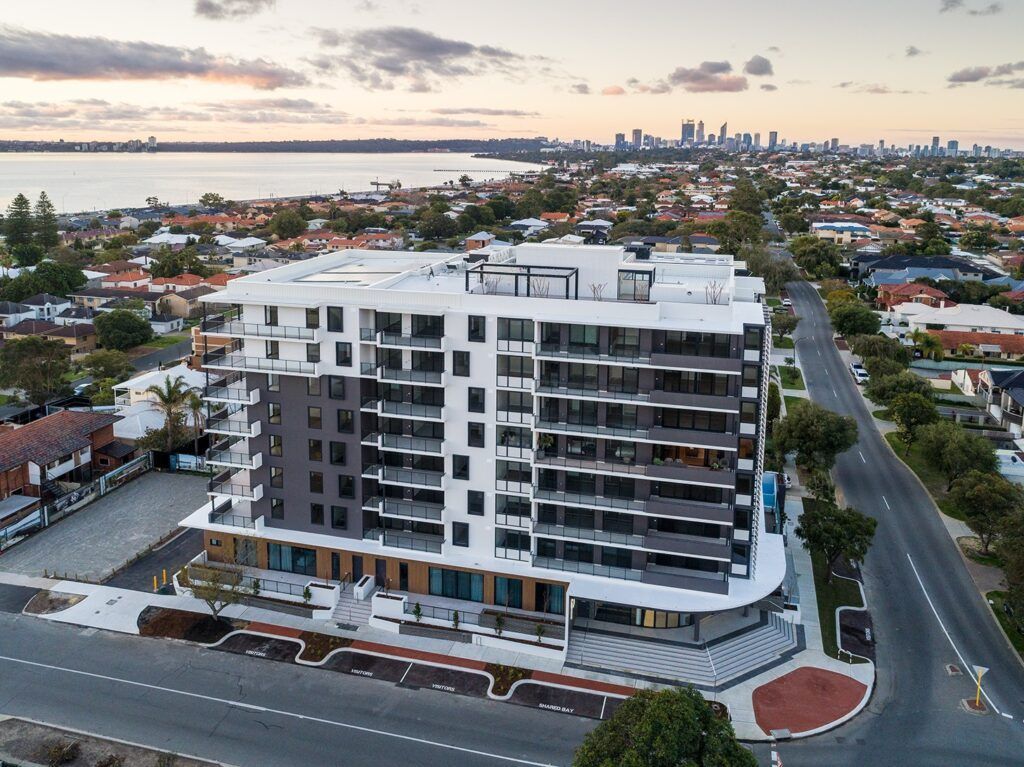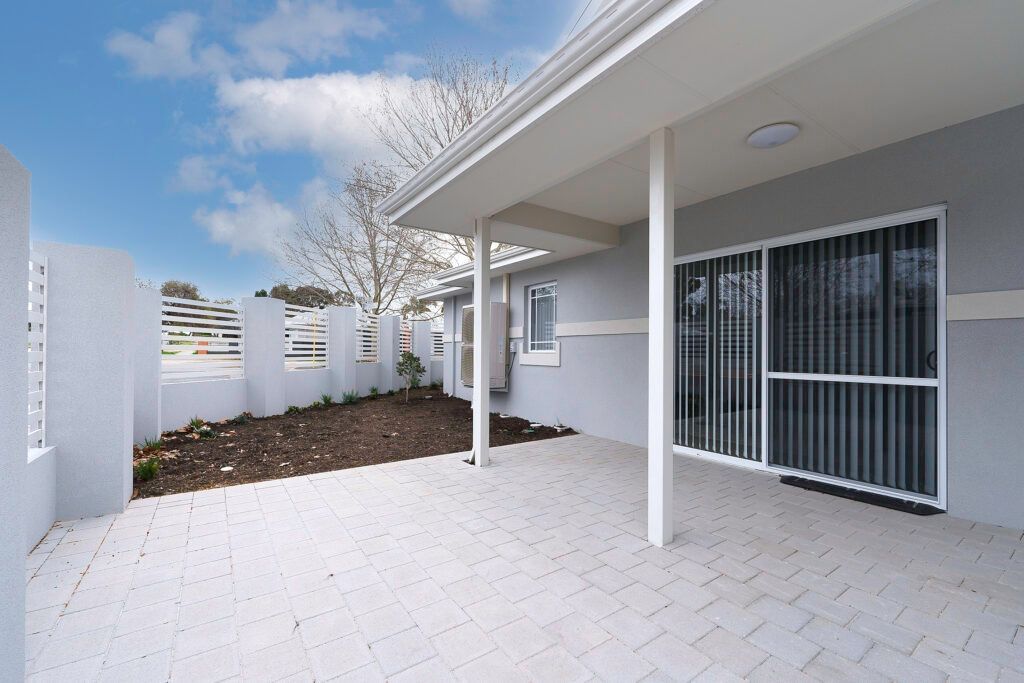Hi, we're Utano Care! We create safe, modern, and accessible homes that give you the freedom to live life your way. Each property is thoughtfully designed to suit a range of needs with quality finishes, comfort, and convenience at the heart of everything we do.
Whether you’re looking for a shared home or a private apartment our friendly team is here to help you find the right place to call home.
Your trusted Specialist Disability Accommodation provider.
Be close to what matters.
Our SDA homes are located in safe, well-connected suburbs chosen to give you easy access to everything you need. Enjoy quick access to shops and medical services to parks, community centres, and public transport so you can live the lifestyle you want.
We carefully select our housing locations to ensure you’re close to essential services while still enjoying the comfort of a welcoming community. Whether you prefer a quiet residential area or a more central location we work with you to find the perfect fit.
Our services.
Community Access
Your home should connect you to the wider community.
We offer opportunities to get involved in education and training, social and recreational events, and unique wildlife and animal programs. You can also enjoy relaxed lounge and café gatherings, as well as shared vehicle access to help you get where you need to go.
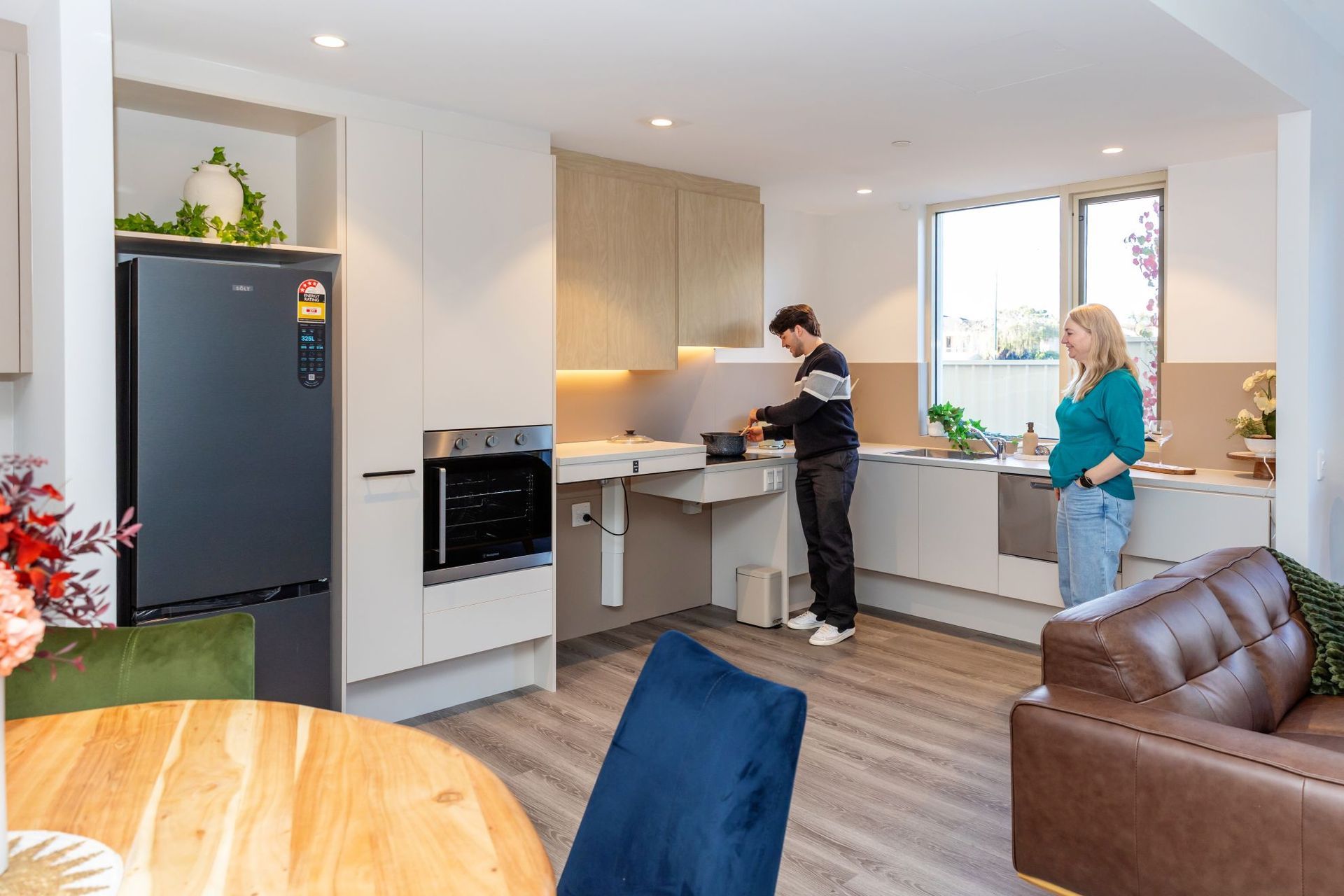
Visitor's Apartment
Visitors welcome!
Enjoy private, comfortable short-stay apartments for visiting families, conveniently located close to your residence. Perfect for overnight stays, our apartments are easy to book and provide a welcoming space for loved ones to relax and feel at home during their visit.

Onsite Overnight Support
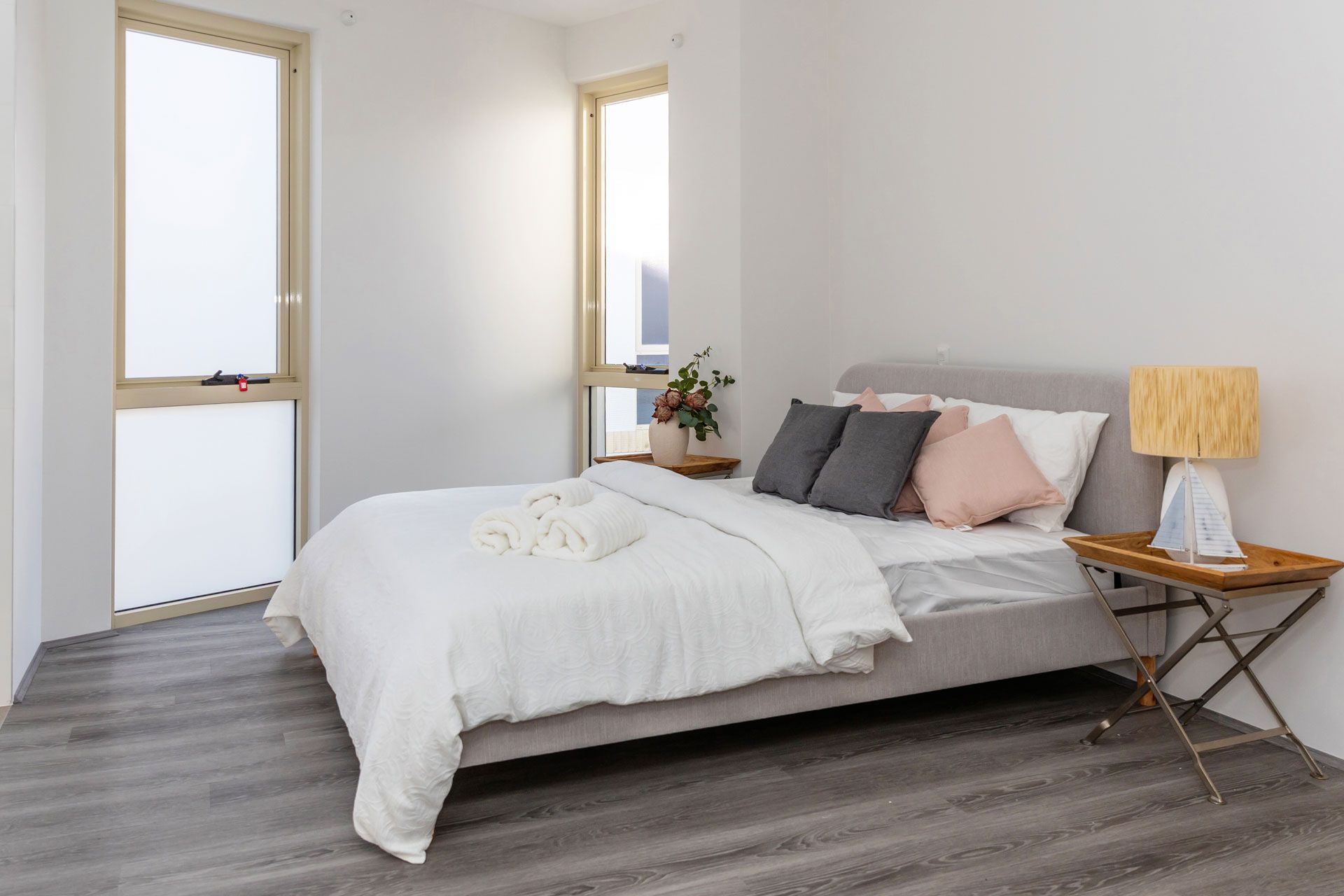
Our team is here for you 24/7.
Staff are always nearby to offer support whenever it’s needed. From night-time care to emergency assistance, we provide peace of mind for both residents and their families, ensuring you always feel safe and supported in your home.
Expert Property Management
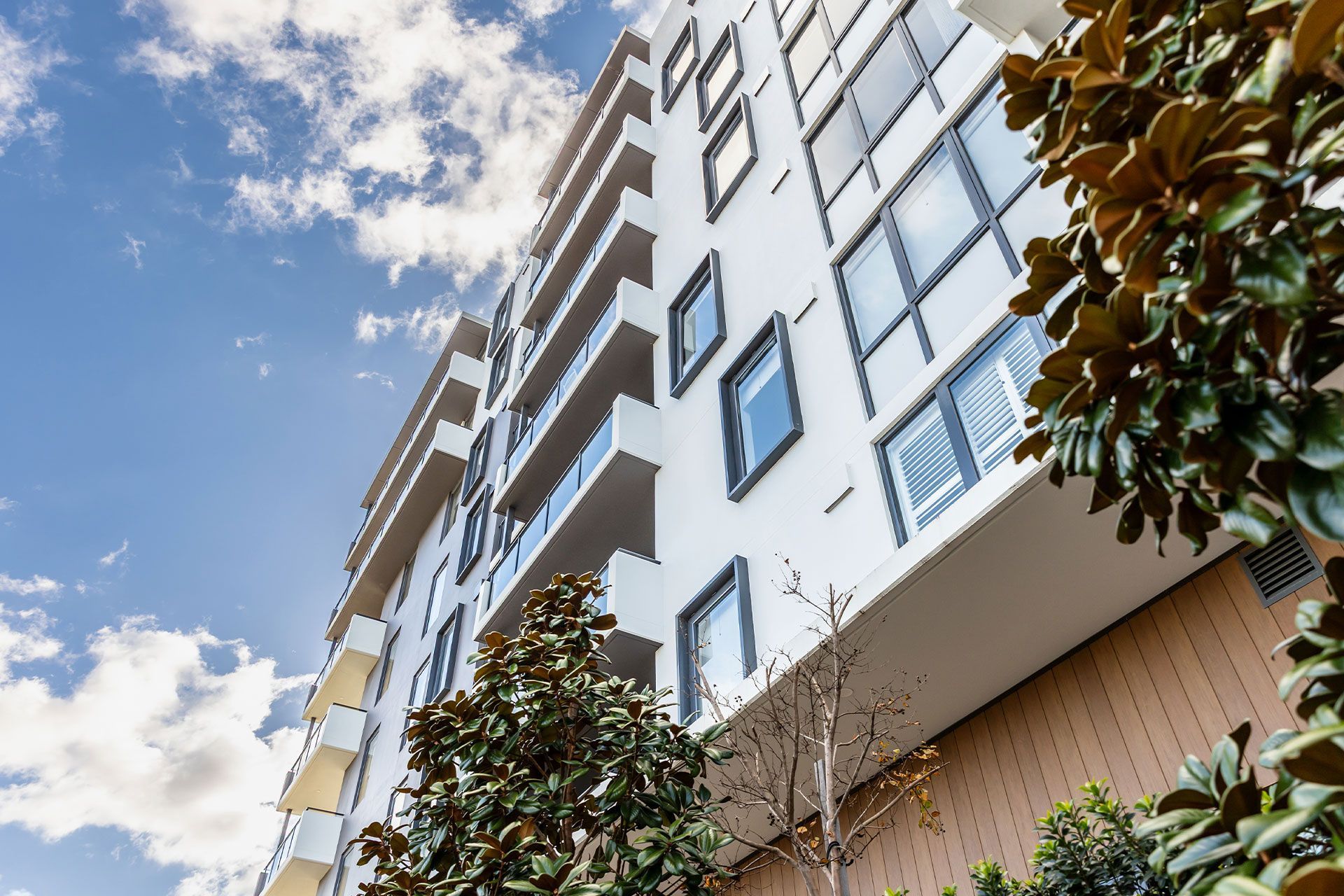
Let us handle the boring stuff.
We take pride in maintaining high living standards across all our homes. From regular upkeep and garden care to quick responses for maintenance requests, we ensure every space stays clean, welcoming, and comfortable for all residents.
SDA eligibility & funding.
We won’t let funding delays stand in your way. No matter where you are on your journey, we stand beside you, offering support, guidance and encouragement to help you access the safe, comfortable SDA home you deserve.
Together, we’ll navigate every step, so you can focus on what matters most: living your life to the fullest.
01
02
03
04
05

Eligibility Assessment
Your NDIS plan is reviewed to determine if you meet the eligibility criteria for SDA. Eligibility is based on your functional impairment, housing needs, and whether SDA supports are deemed reasonable and necessary.
A detailed assessment is conducted by allied health professionals (such as occupational therapists) to evaluate your disability and support needs. This assessment helps determine the level and type of SDA required.

Gathering Evidence
You need to gather comprehensive evidence to support your SDA application. This includes reports from healthcare professionals, functional assessments, and any relevant documentation that demonstrates your need for specialised housing.
The SDA Housing Needs Assessment outlines your housing requirements, such as the need for physical modifications or particular design features to support your independence.

Application Submission
You, with the help of your NDIS planner or support coordinator, complete and submits an SDA Request Form. This form includes details about your needs and the evidence gathered during the assessment phase.
If SDA is approved, your NDIS plan is updated to include funding for SDA. The level of SDA funding is determined based on your needs and the type of accommodation required (e.g., basic, improved liveability, fully accessible, robust, or high physical support).

Approval & Funding Allocation
The NDIS reviews the application and decides whether to approve SDA funding. If approved, the funding is allocated in your NDIS plan, specifying the level of support and the amount of funding for SDA.
Once funding is approved, you can start looking for suitable SDA providers who offer accommodation that meet your needs (that's us!).

Finding & Moving into SDA
You will work with your support coordinator or housing specialist to find and select an SDA provider that matches your funding and housing needs. After selecting a suitable SDA, you will move into your new accommodation. The SDA provider may offer additional support to ensure the transition is smooth and that the accommodation meets your needs.
Overall, the NDIS SDA application process is designed to ensure that people with significant disability-related housing needs receive the appropriate supports to live independently and safely. The process requires careful planning, gathering evidence, and coordination with healthcare professionals and NDIS planners.
Get started here.
Contact Us
We will get back to you as soon as possible.
Please try again later.
